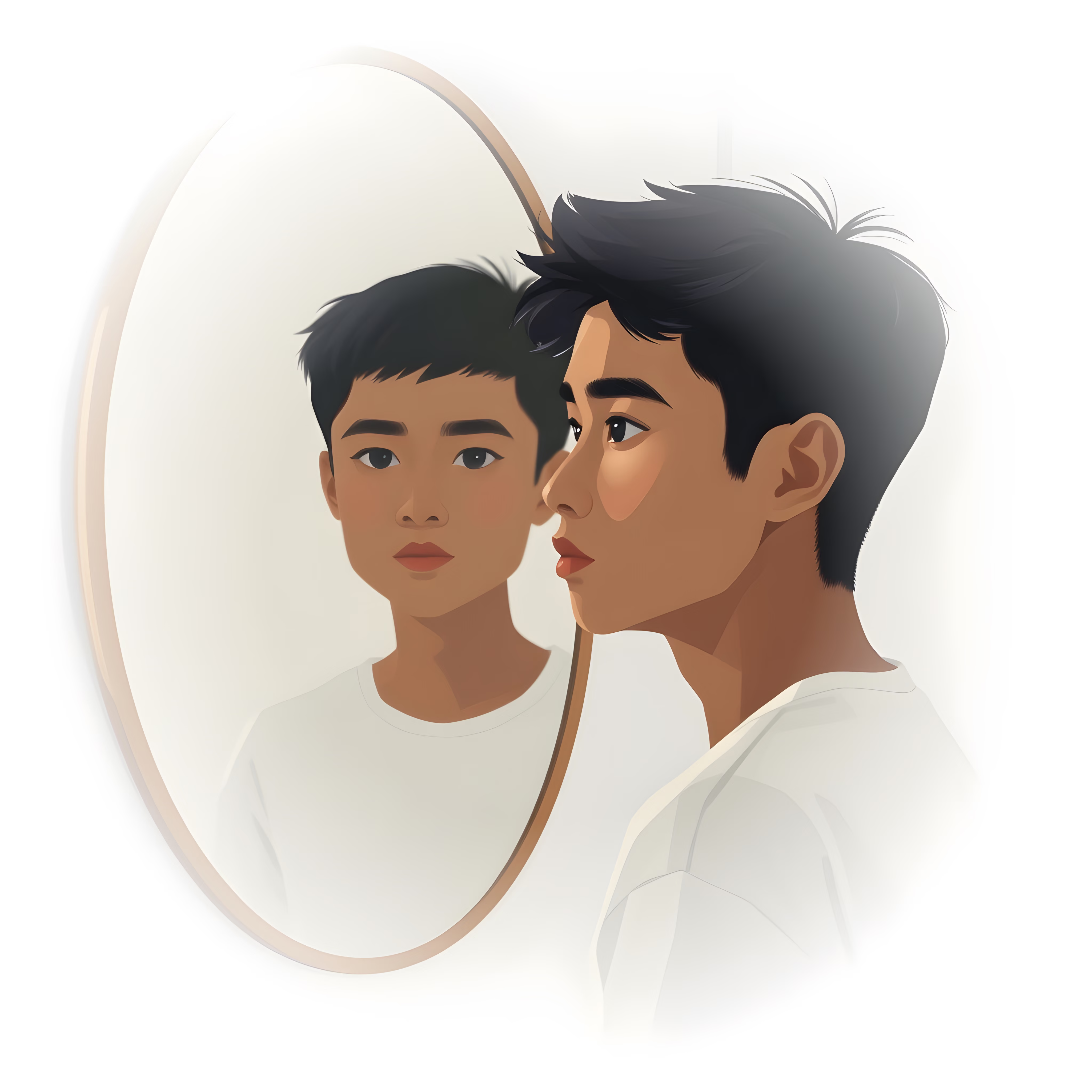What is depression
Depression refers to a mental health issue in which an individual experiences a low mood and loss of interest in previously enjoyed activities, for at least two weeks. One in six people will experience depression at some point in their life. Whilst women are more likely than men to be diagnosed with depression, it often occurs during late adolescence for both genders.
Depression vs. Grief
It is normal for traumatic life events, such as the loss of a loved one, to cause periods of grieving. Grief may present itself as waves of painful feelings, intermixed with some positive thoughts. Depression, on the other hand, can cause a persistent low mood over a long period of time, as well as feelings of worthlessness and self loathing.

Signs and Symptoms
A persistent low mood and loss of interest in previously enjoyed activities are the two main signs of depression.
However, other symptoms of depression can include:
- Significant weight loss or weight gain
- A lack of energy
- Reduced concentration abilities
- Recurring thoughts of death, or planning for suicide
- Feelings of guilt and worthlessness
Causes
There is no single cause for depression, instead multiple factors can play in causing it in an individual. Risk factors for depression may include:
- Environmental factors: such as traumatic or stressful life events.
- Biological factors: such as an imbalance of hormones in the brain.
- Genetics: Depression can run in families.
- Personality: People with low self-esteem, who do not deal well with stress, or are generally pessimistic may be more likely to become depressed.

Types
The main types of depression include:
- Major Depression: Exhibited by episodes of depression that last at least two weeks. Everyday functioning may also be inhibited. Symptoms can be mild, moderate or severe
- Dysthymia: Symptoms are similar to major depression, however they are less severe and more persistent, being present for at least two years
- Melancholia: A severe form of depression. Individuals often move more slowly and may experience a complete loss of interest in almost everything
- Antenatal and Postnatal Depression: Depression that occurs in mothers as a result of pregnancy
- Seasonal affective disorder (SAD): A mood disorder that follows a seasonal pattern

Treatment
Depression is among the most treatable of mental disorders. There are two main ways of treating depression, psychotherapy and medication.
For milder forms of depression, psychotherapy alone may be enough for successful treatment. However more severe forms of depression may require a combination of the two.
Psychotherapy is the first line of treatment for depression. Therapy often revolves around challenging distorted thinking patterns and helping to build resilience and problem-solving.
Antidepressants are medication that can help to fix chemical imbalances in the brain and thus control symptoms of depression. Whilst many types of antidepressants can be effective in treating symptoms, it may take several trials of medication to find one that fits you.
Self-help strategies, such as adopting healthy coping mechanisms and a healthy lifestyle, as well as reducing stress, can also promote healing.





